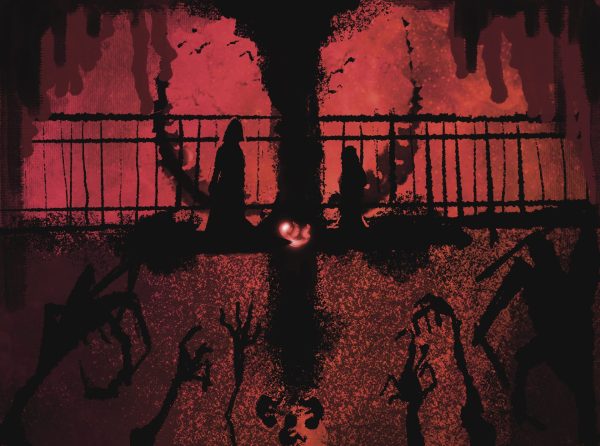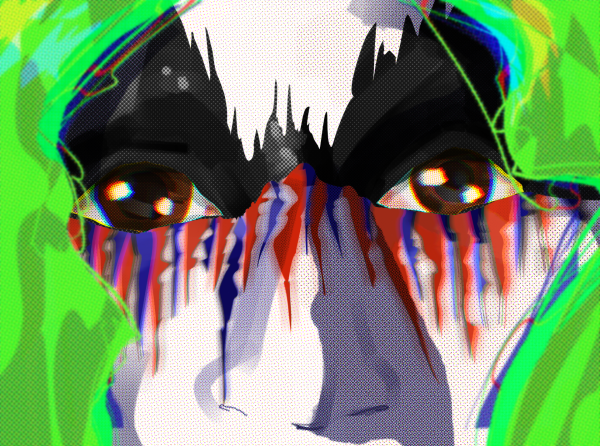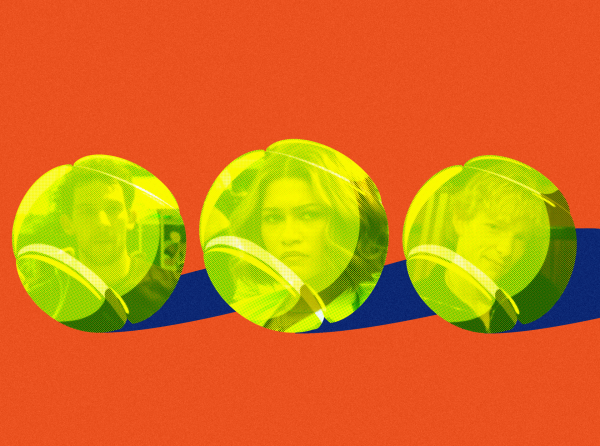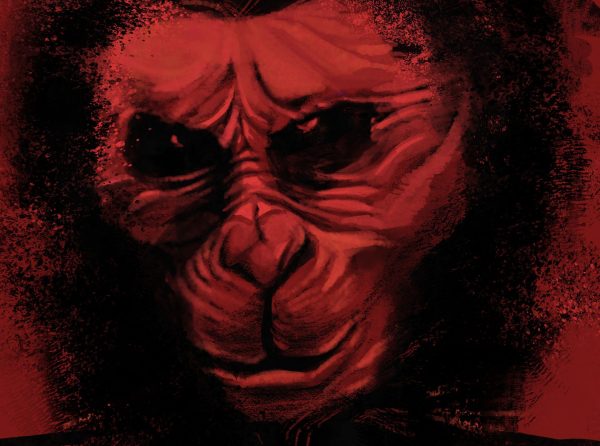Everyone loves Disney, but the continuing cycle of remakes is getting old
The Walt Disney corporation made 50 percent of this summer’s total box office revenue. Four of the company’s films grossed over $1 billion in the international box office this year. These numbers, along with Disney’s continuously hawkish financial consumption of other media properties and companies, create a sense of media-overlord doom in the film industry.
Unfortunately, monopolies and unfair business practices have long been the name of the game in Hollywood. Many film studios saw great rises and proceeded to fall due to socio-political shifts, and former monopolistic practices like block booking were outlawed by the Supreme Court in 1948, setting an infrequent precedent of government intervention when production companies become too powerful. Although, one can be forgiven if they don’t trust our modern neoliberal government or court system–increasingly favorable to free-market, conservative ideals thanks to our president’s judicial appointees–to step in and stop Disney’s monopolizing. We have to understand, however, that if the government won’t step in to limit Disney’s control of the film market, maybe we should finally move beyond expecting Hollywood’s big-budget films to be our only source of cinematic consumption. (Indeed, many have, opting for conglomerate streaming platforms’ original films or even independent films online instead of traditional theater-going properties.)
Much like America itself, Hollywood is founded–and very much so still operated–by white men of the ruling class. They are looking for cinematic creativity and uniqueness as much as it will earn them economic capital. With this in mind, I want to decry a certain romanticism of the Hollywood of old, which was dominated by a few hegemonic studios rather than, currently, one or two. These remaining studios are quickly learning that originality in big-budget films is not needed. Indeed, Disney’s new blunt, “you’ll take it and you’ll like it” style of selling films appears to be working.
Nowhere is this clearer than in their latest summer hit, “The Lion King.” An almost shot-for-shot recreation of their 1994 film, it has far-outgrossed the original, earning $1.6 billion in the global box office so far. More than any other Disney release this year, their “photoreal” remake is the closest they get to releasing a cultural doomsday indicator. Formally, the film is bizarrely banal. The animals’ realistic gesticulations work until their simulated animality can’t physically express certain scenes’ extreme joy, sadness or anger. It is uncomfortable hearing the zealousness of, “I Just Can’t Wait to Be King” while seeing a couple of little computer-generated lion cubs slowly meander among computer-generated environments and animals.
Politically and thematically, the “photoreal” effects raise questions the original did not (spoilers for the five people who don’t know the plot of “The Lion King”): How does Scar convince Simba that he killed his father when Scar so clearly orchestrated Mufasa’s death? How did Simba become a ginormous adult lion on Timon and Pumbaa’s diet of bugs? More pressingly, why is this patriarchal monarchy by Mustafa a cherished societal order that Simba must bring back? How is the “Circle of Life” complete? Just when hyenas are forced into the margins of society and other animals within the society are subjugated to their predators’ will?
In the 1994 “Lion King,” these political and pragmatic questions don’t necessarily arise: We are watching a cartoon story of endless animated possibilities. Meanwhile, the modern iteration is a realistic simulation that quickly grows old and troubling, unimaginatively sticking to the original “Lion King” conservative narrative. If anything (especially with Disney+ on the horizon), “The Lion King” is an indication of Disney’s–and our popular culture’s–future trajectory: lazy corporate connections to childhood nostalgia that abuse our modern tendency for rewatching media ad infinitum.





![DePaul sophomore Greta Atilano helps a young Pretty Cool Ice Cream customer pick out an ice cream flavor on Friday, April 19, 2024. Its the perfect job for a college student,” Atilano said. “I started working here my freshman year. I always try to work for small businesses [and] putting back into the community. Of course, interacting with kids is a lot of fun too.](https://depauliaonline.com/wp-content/uploads/2024/04/ONLINE_1-IceCream-600x400.jpg)







